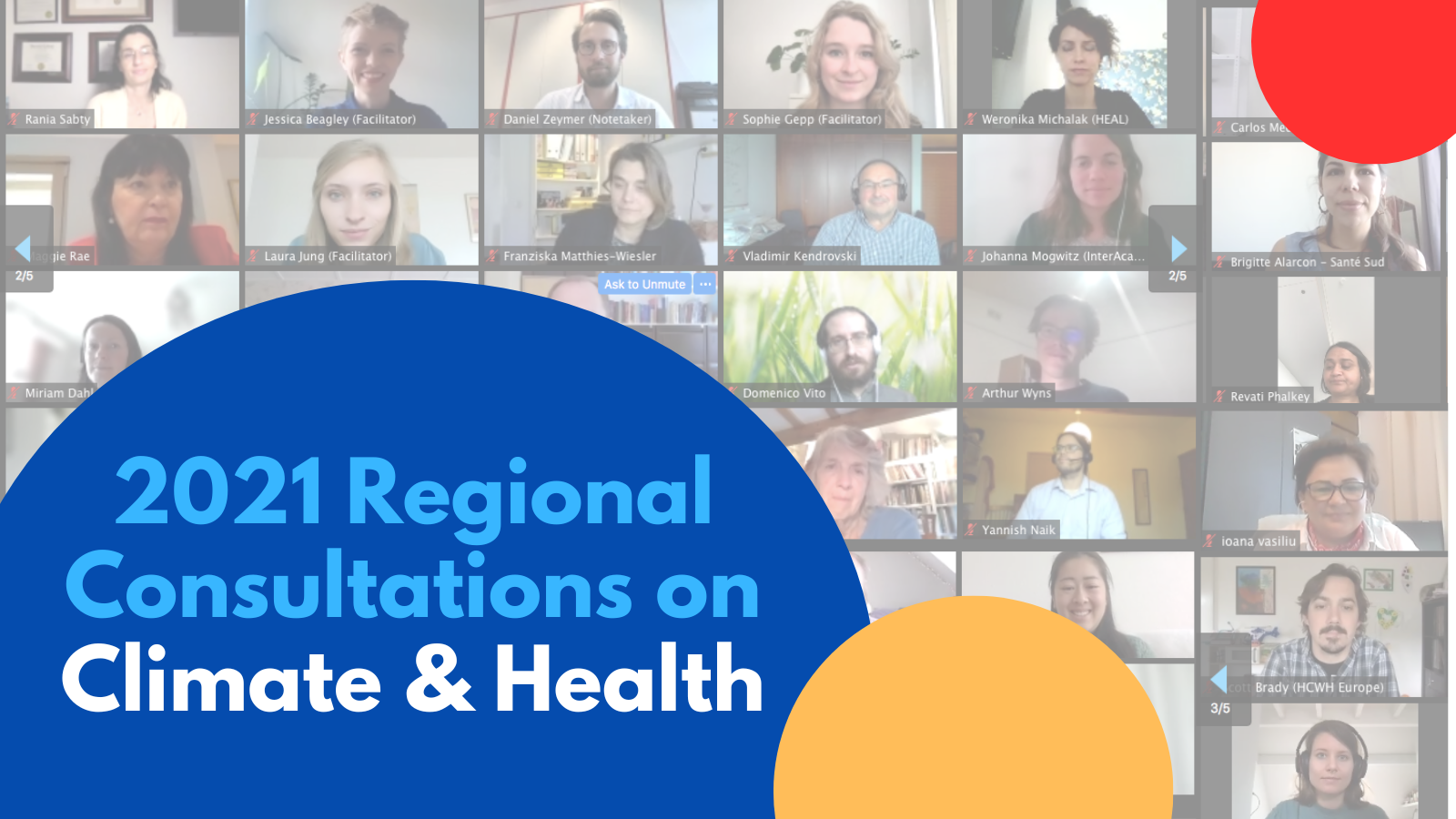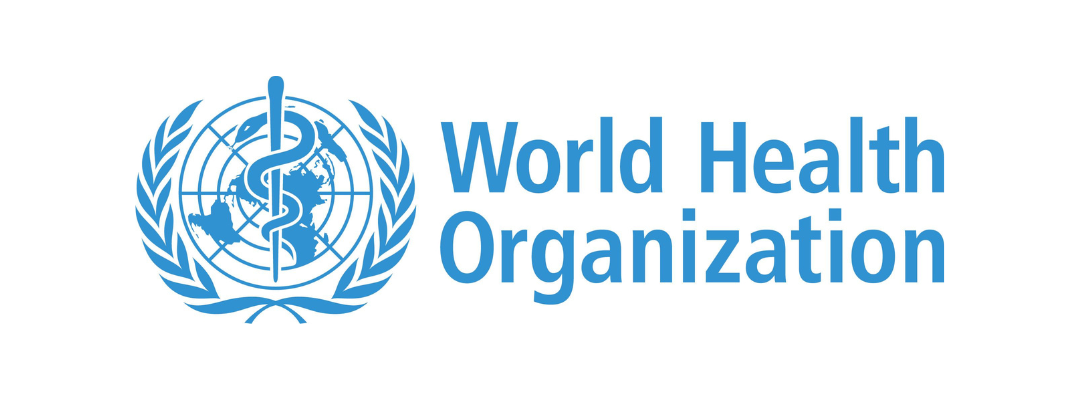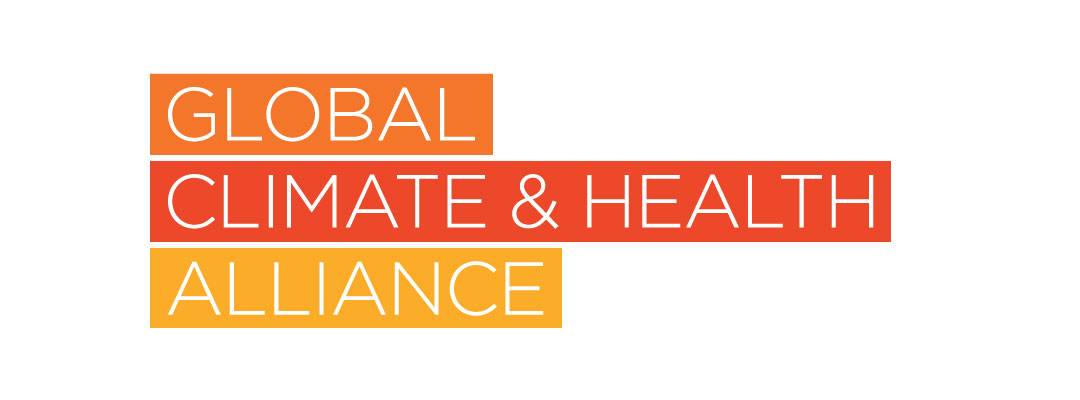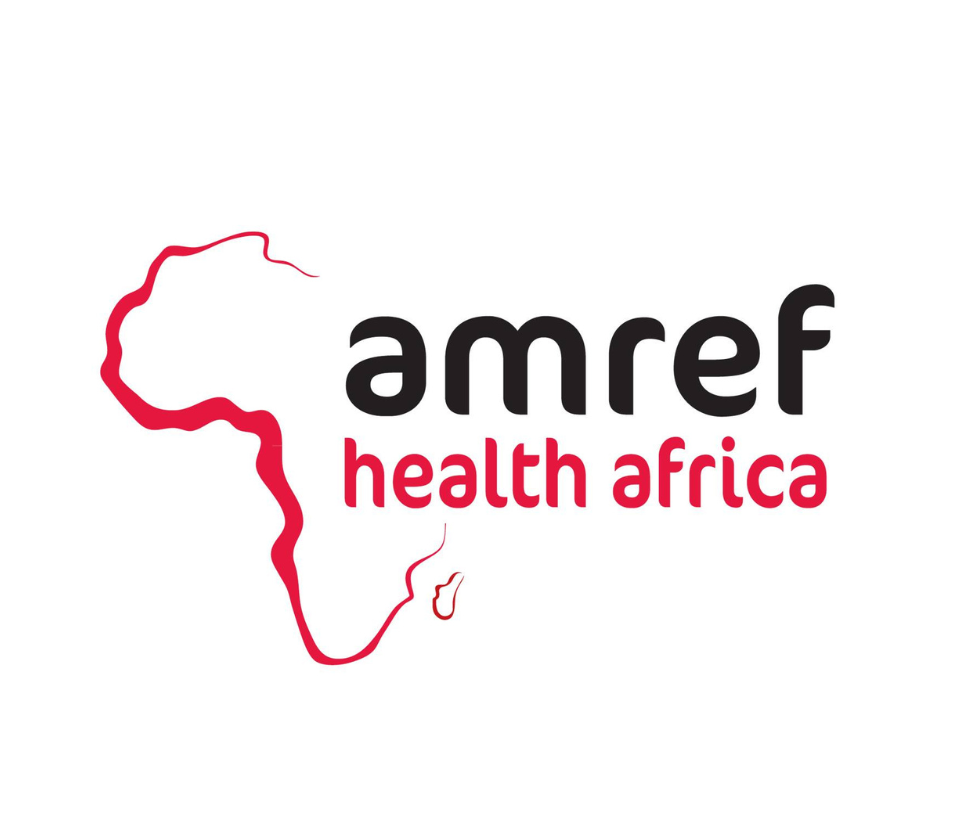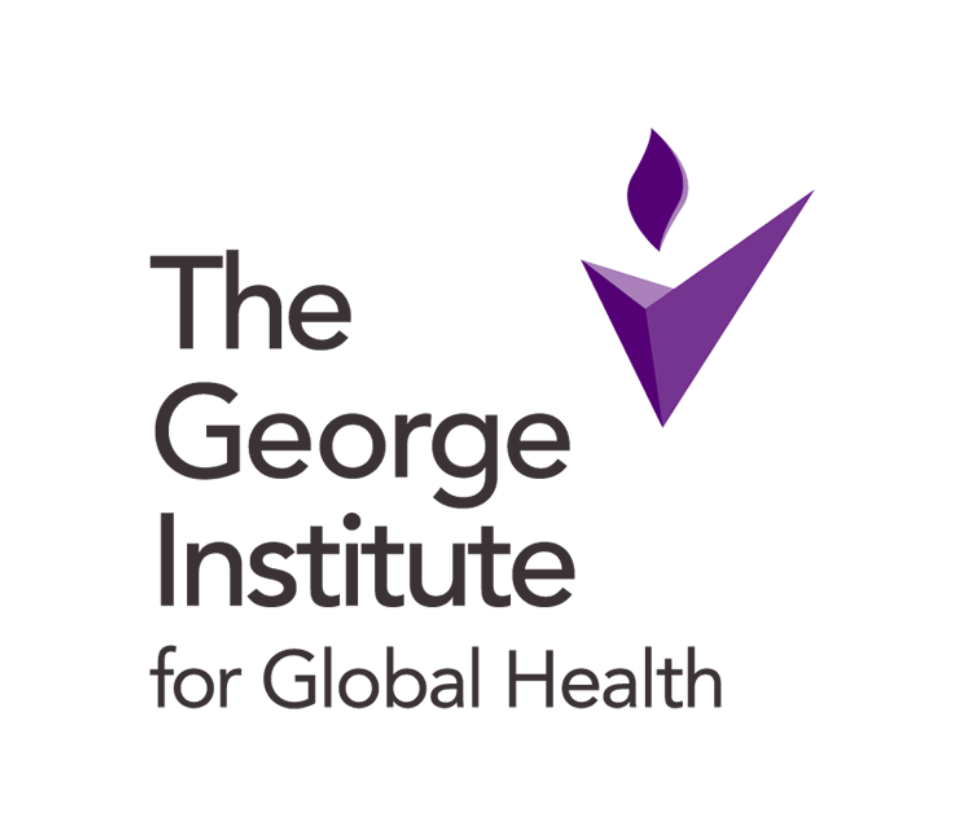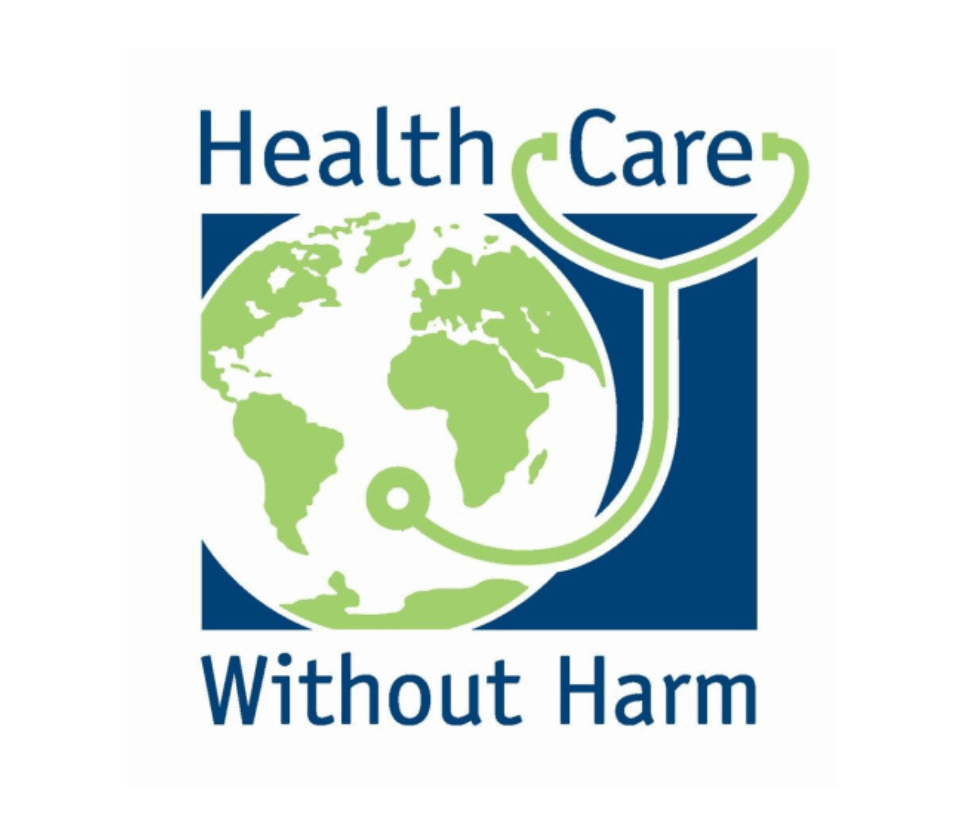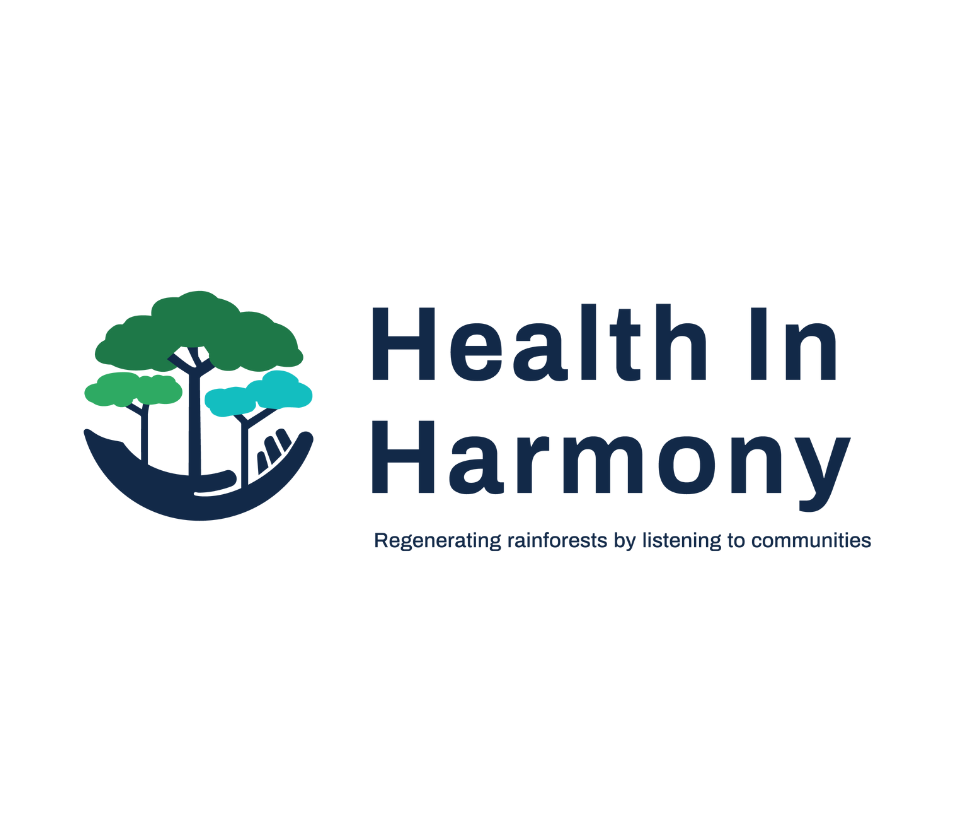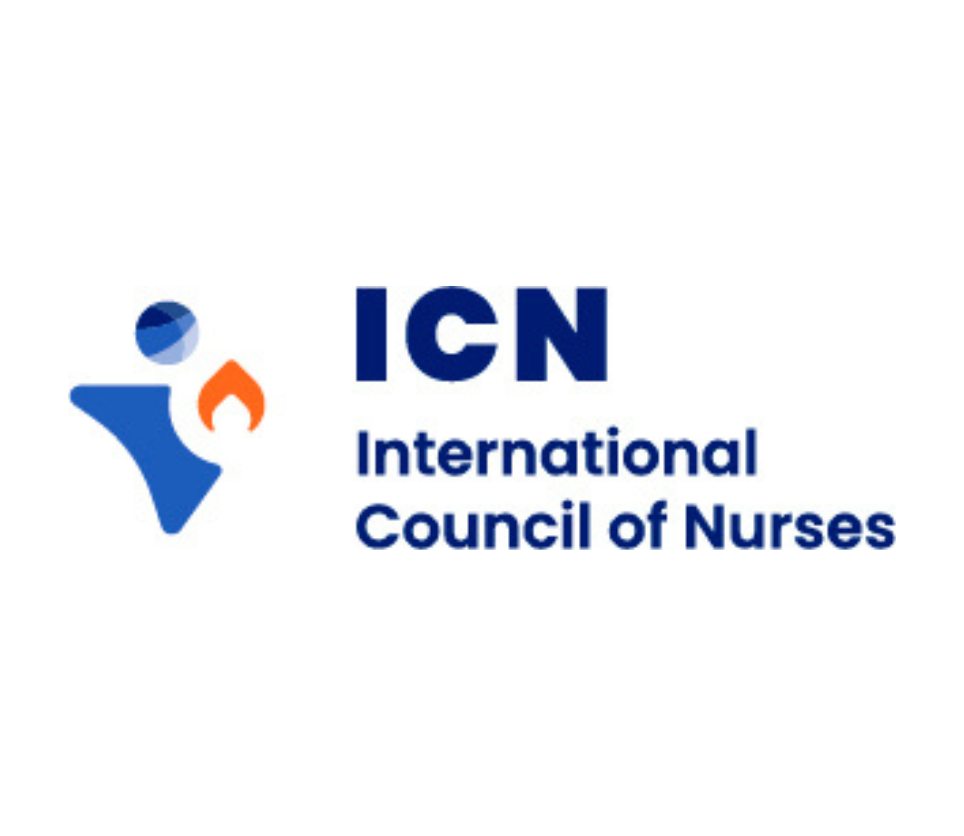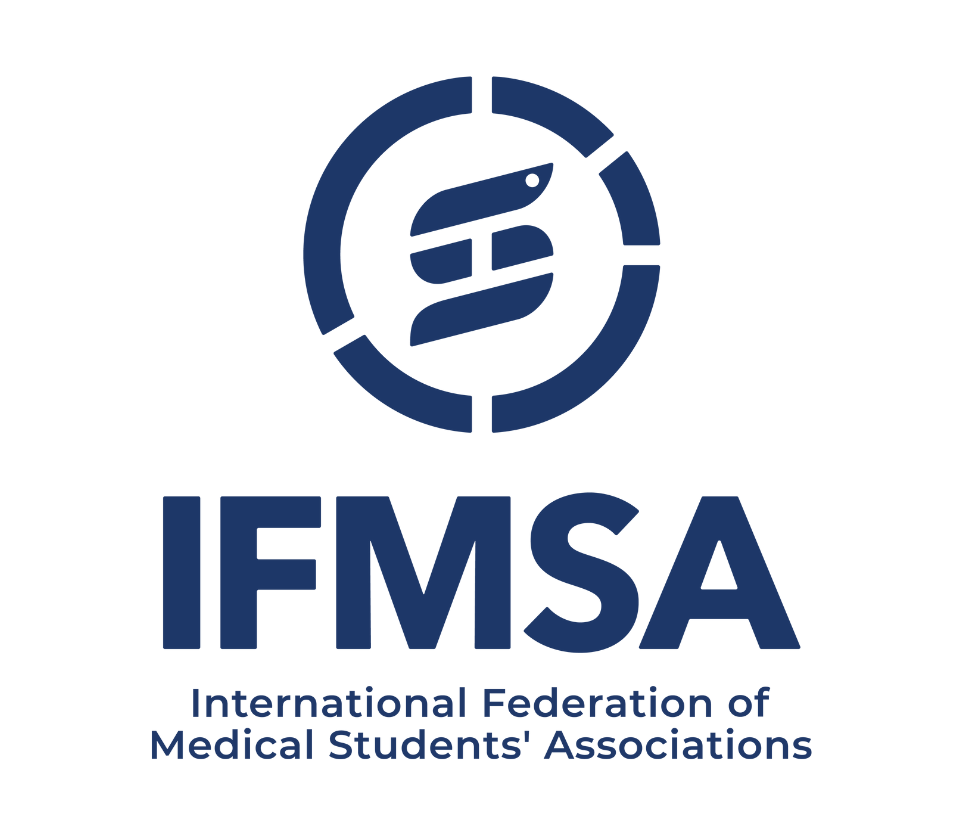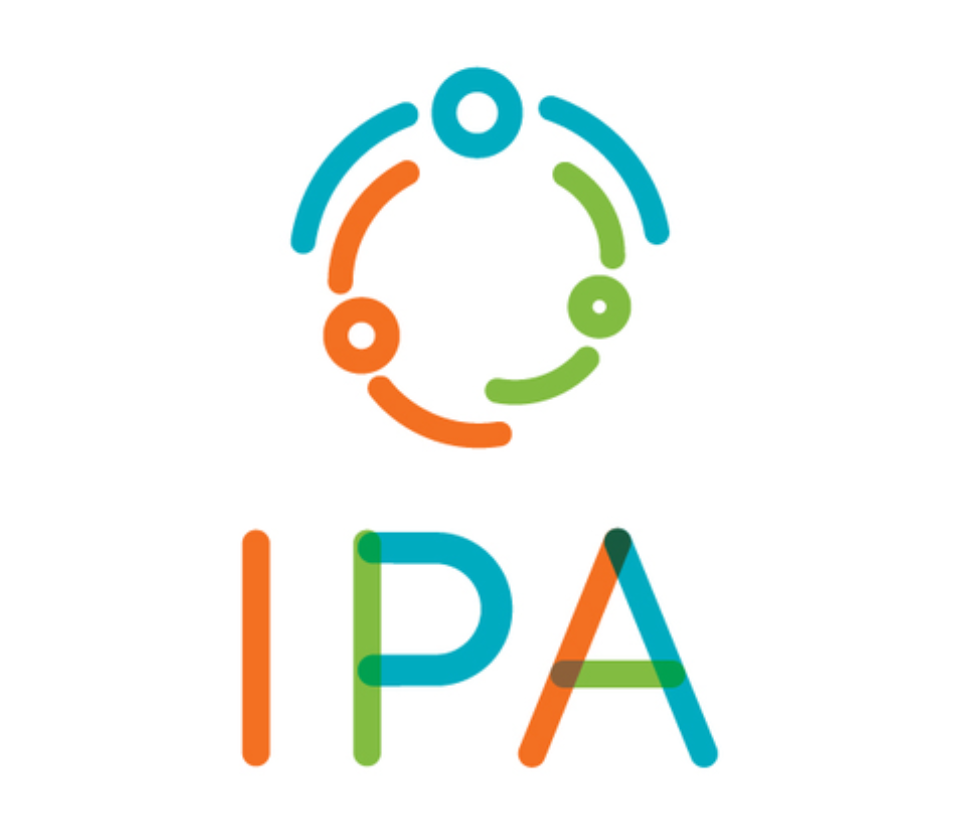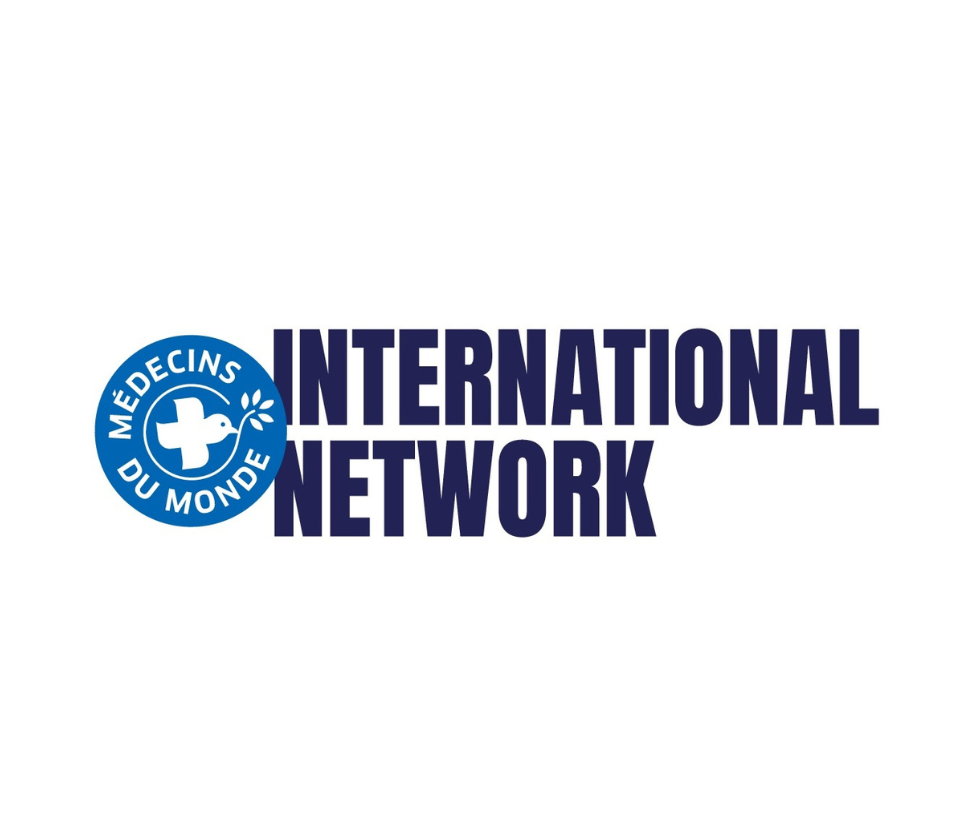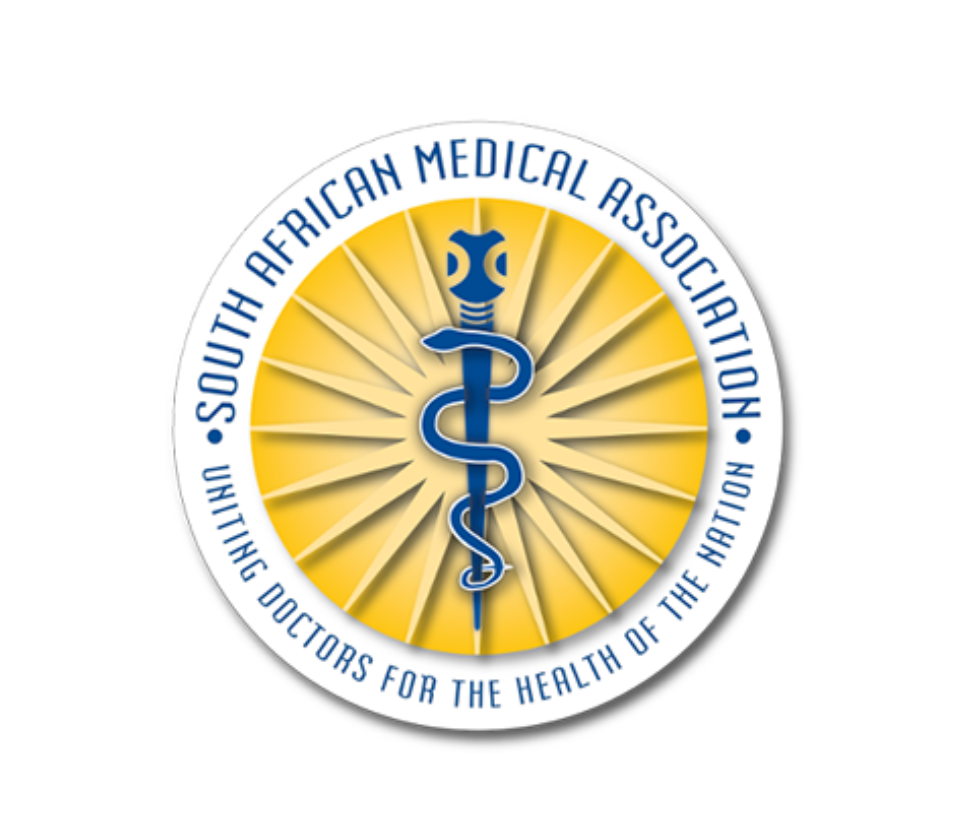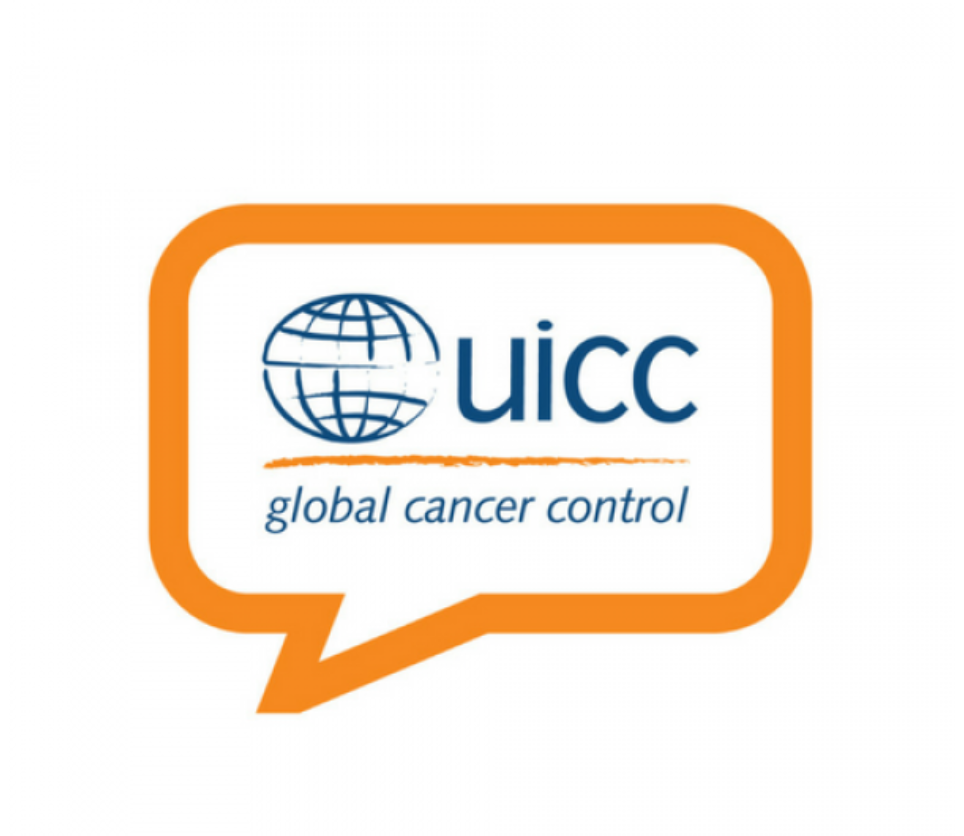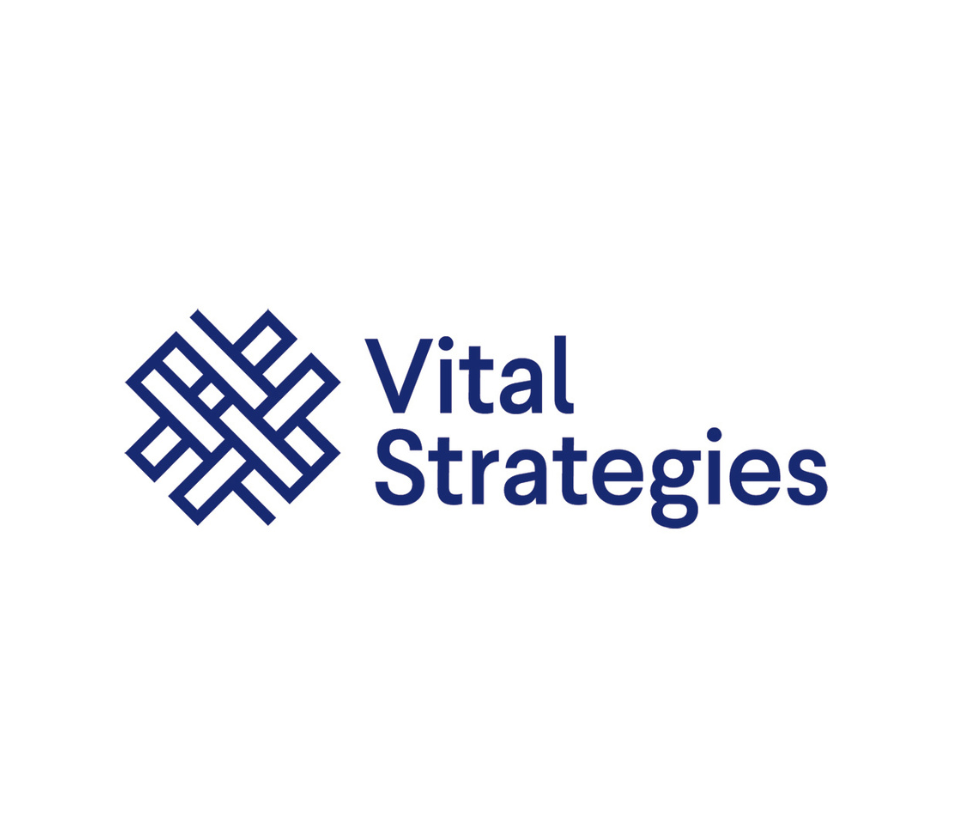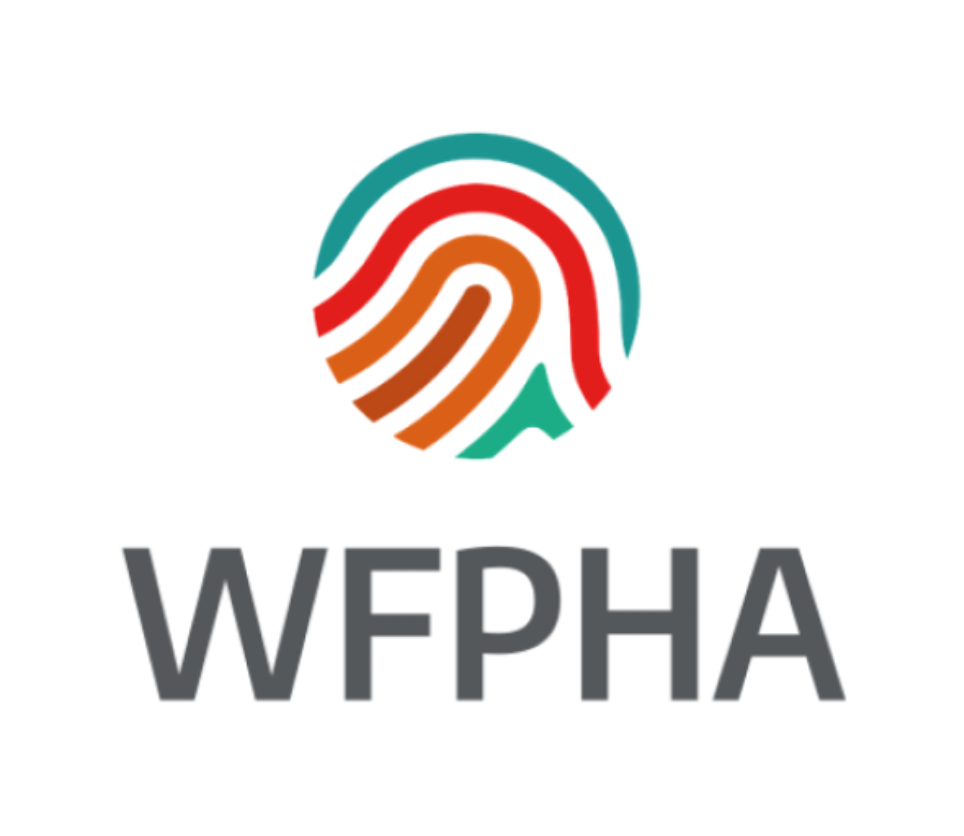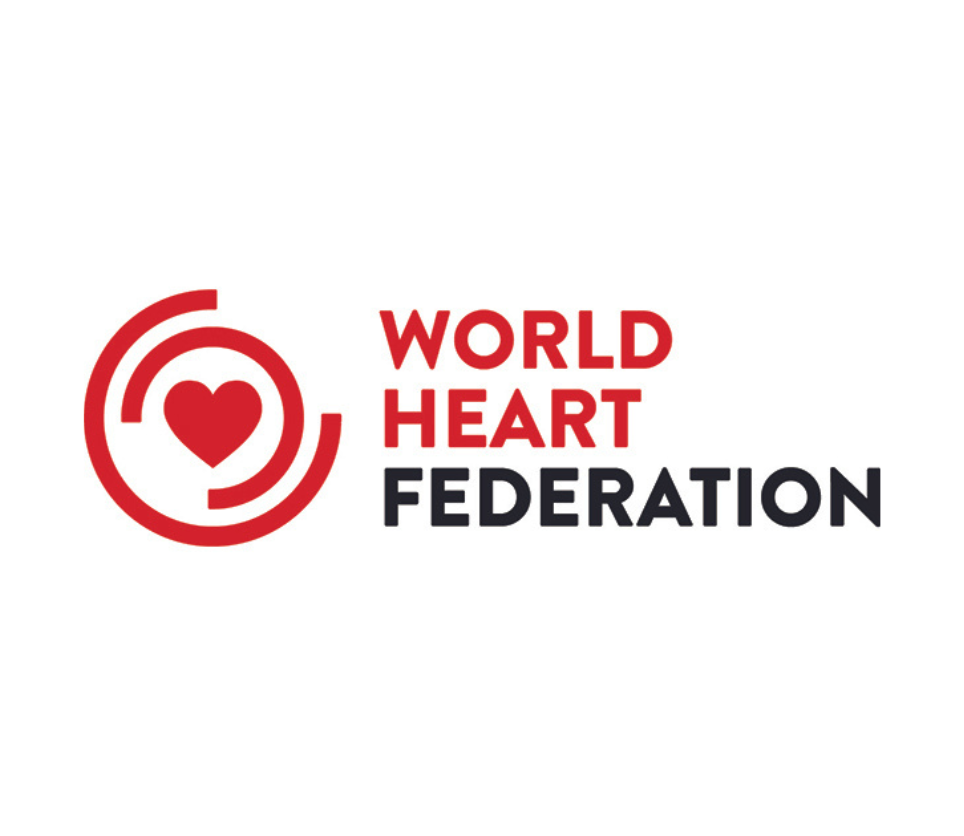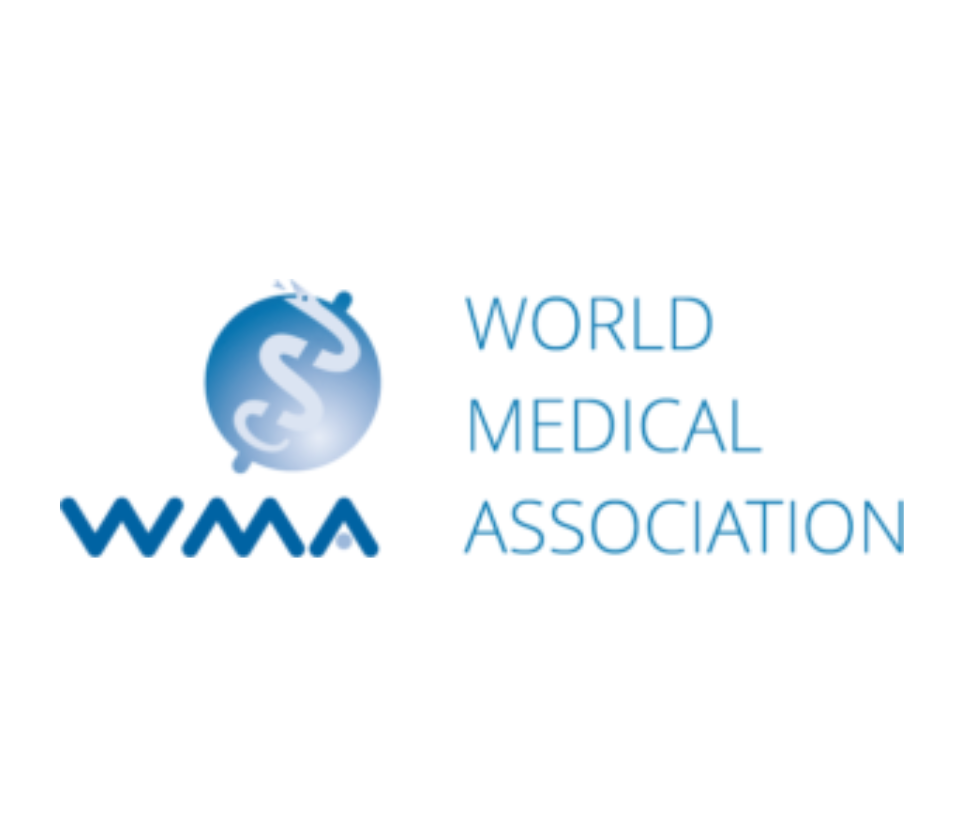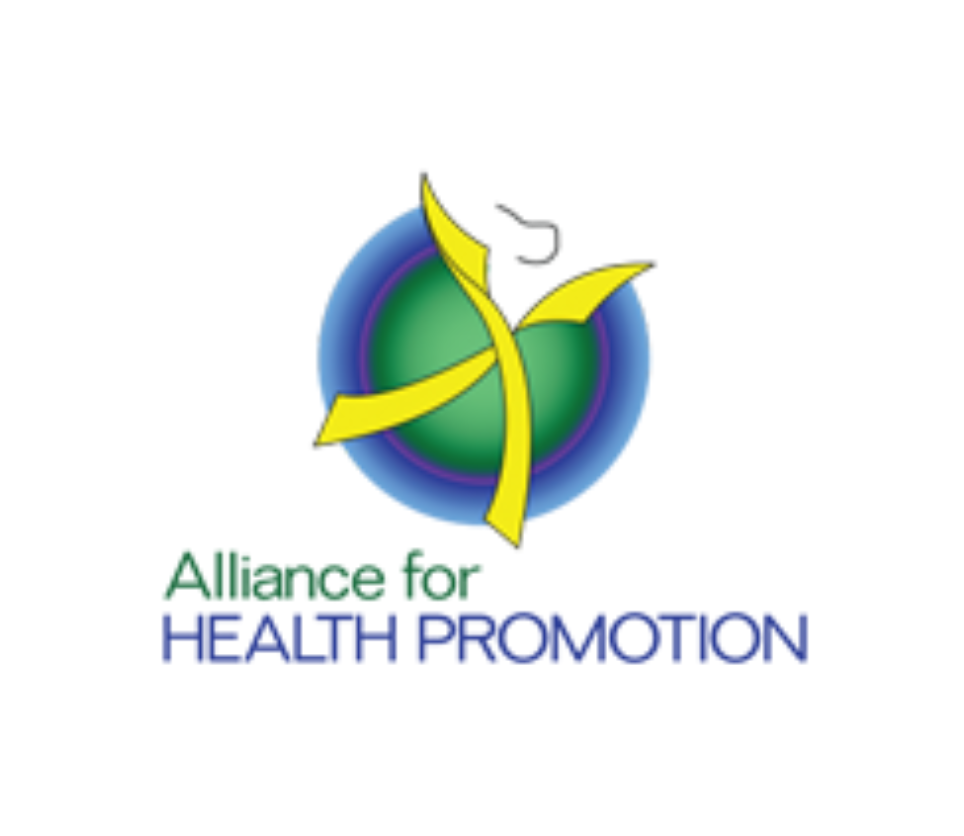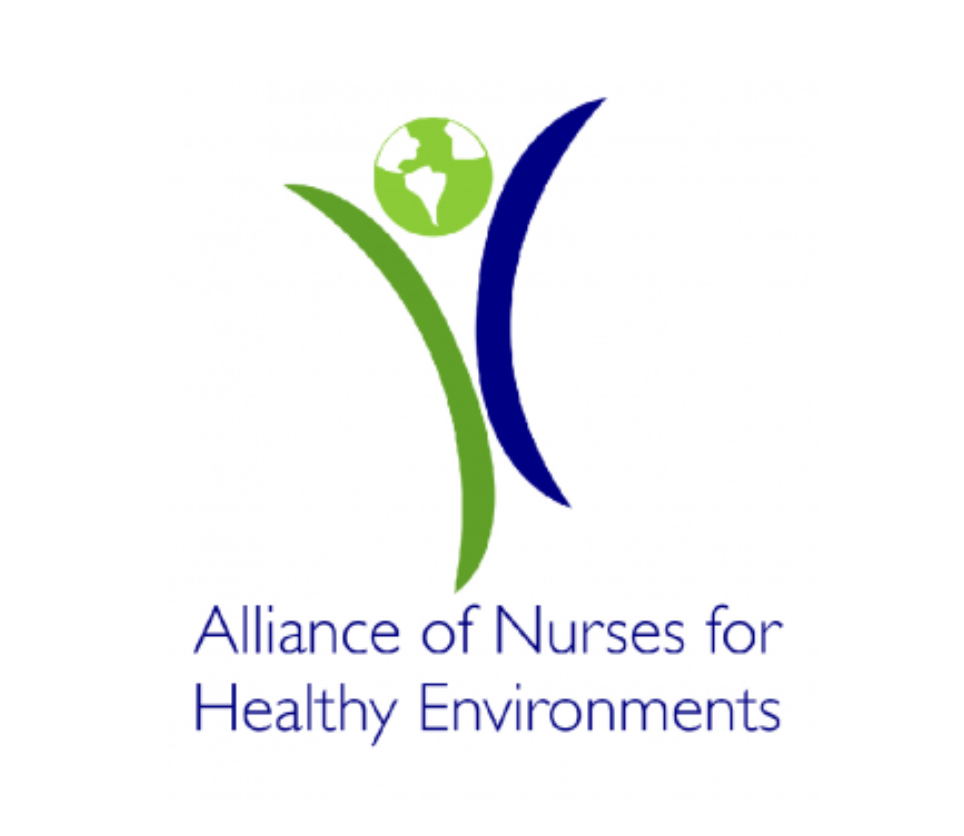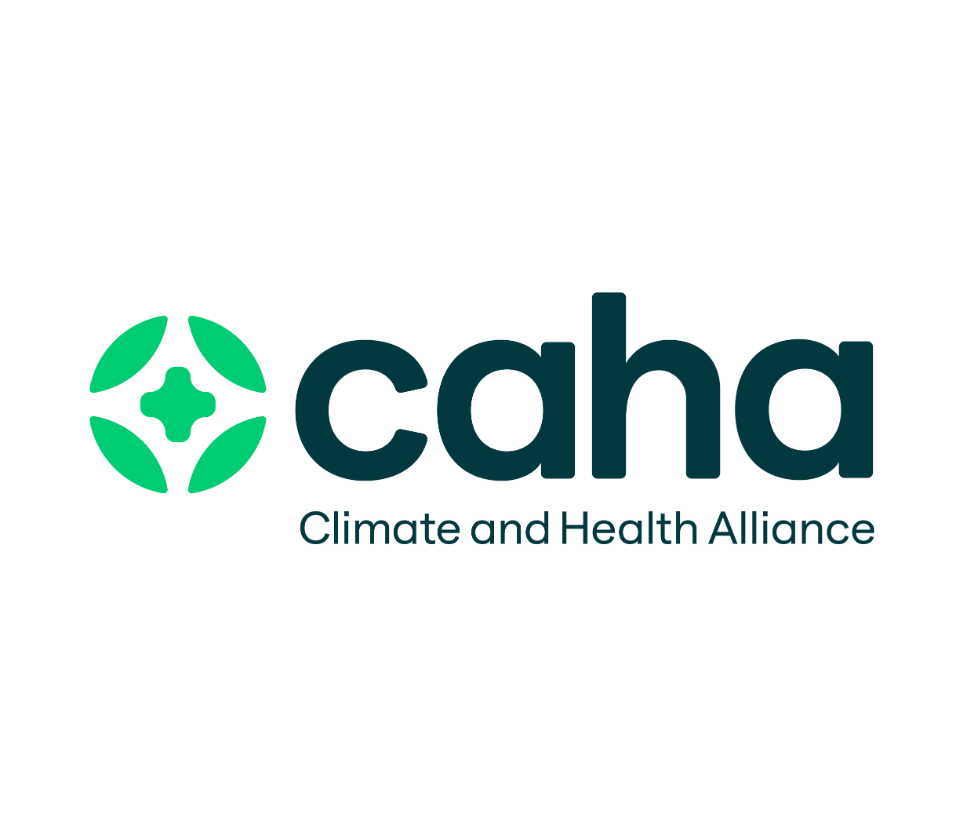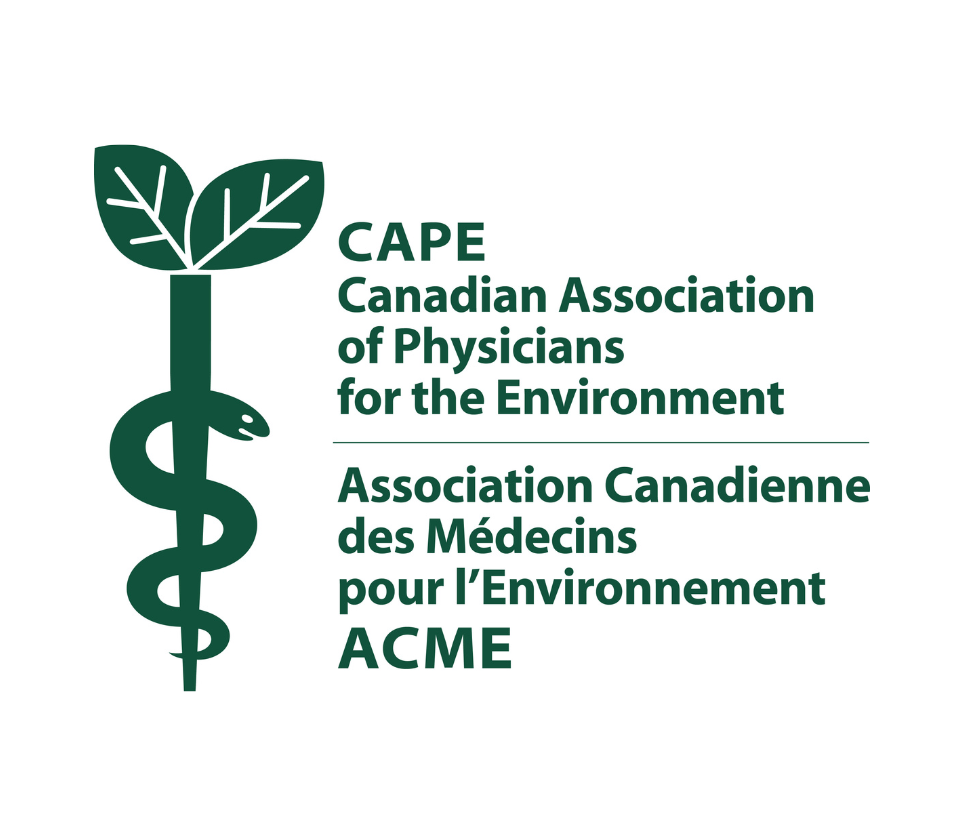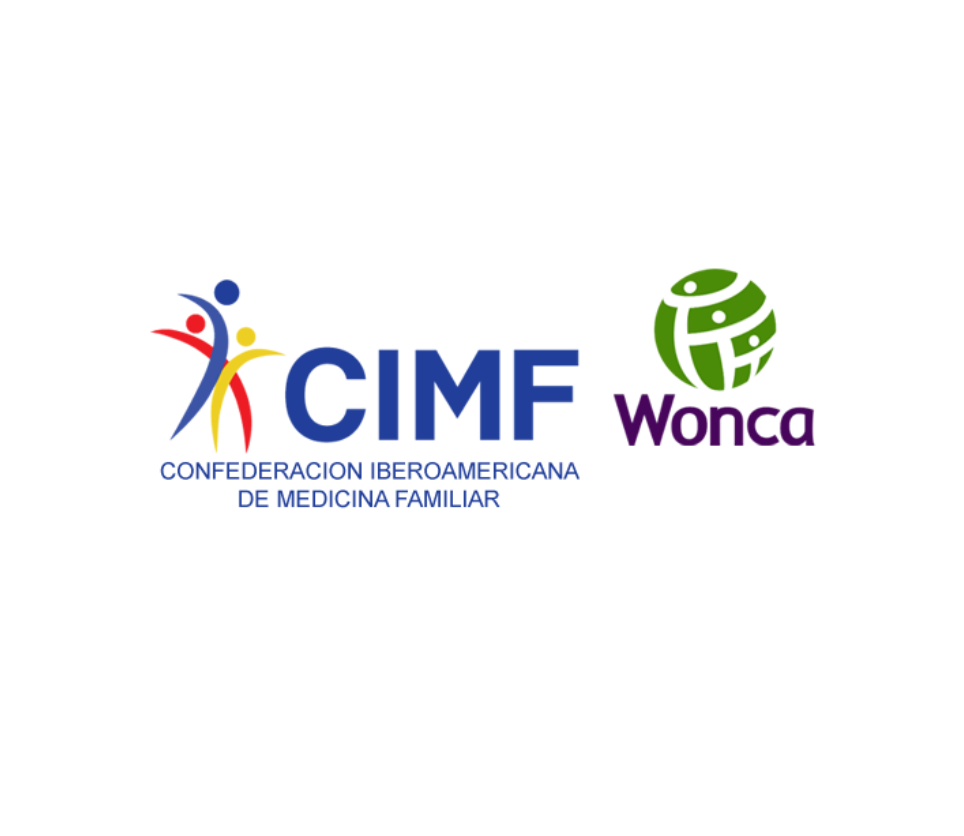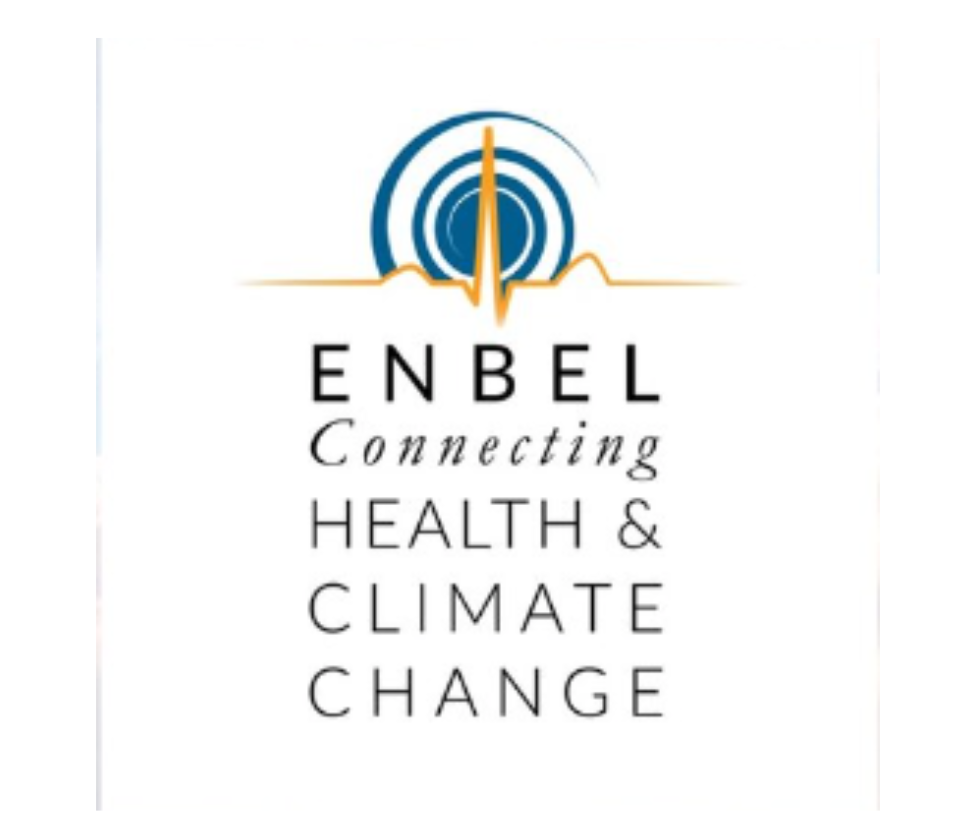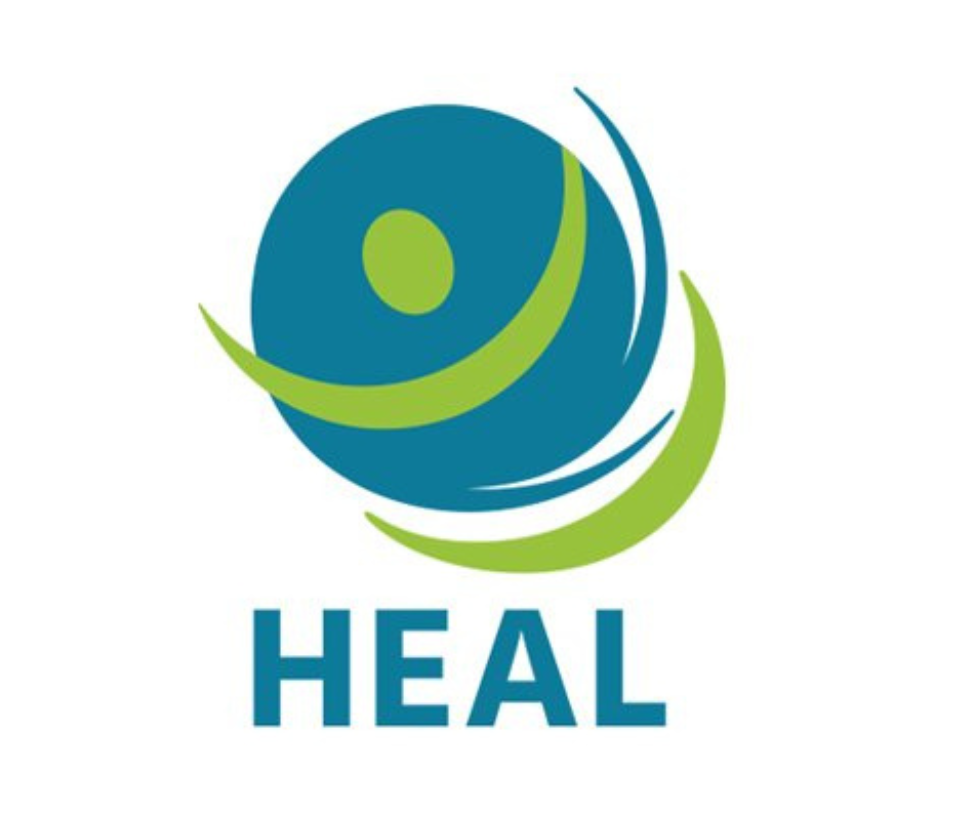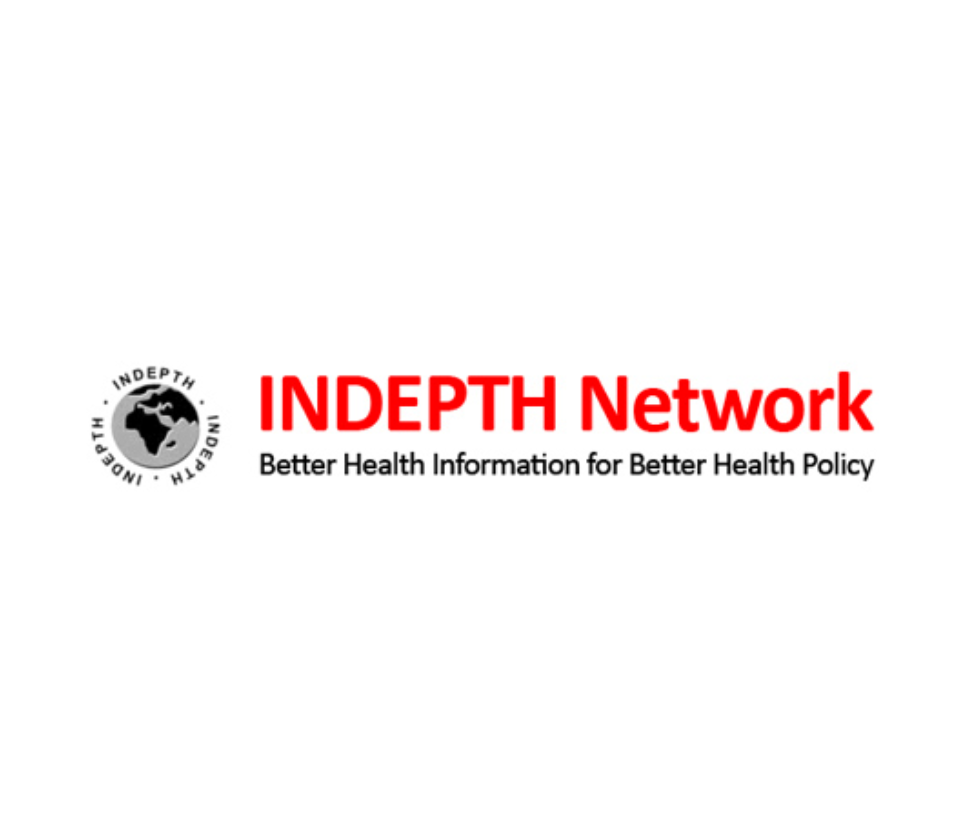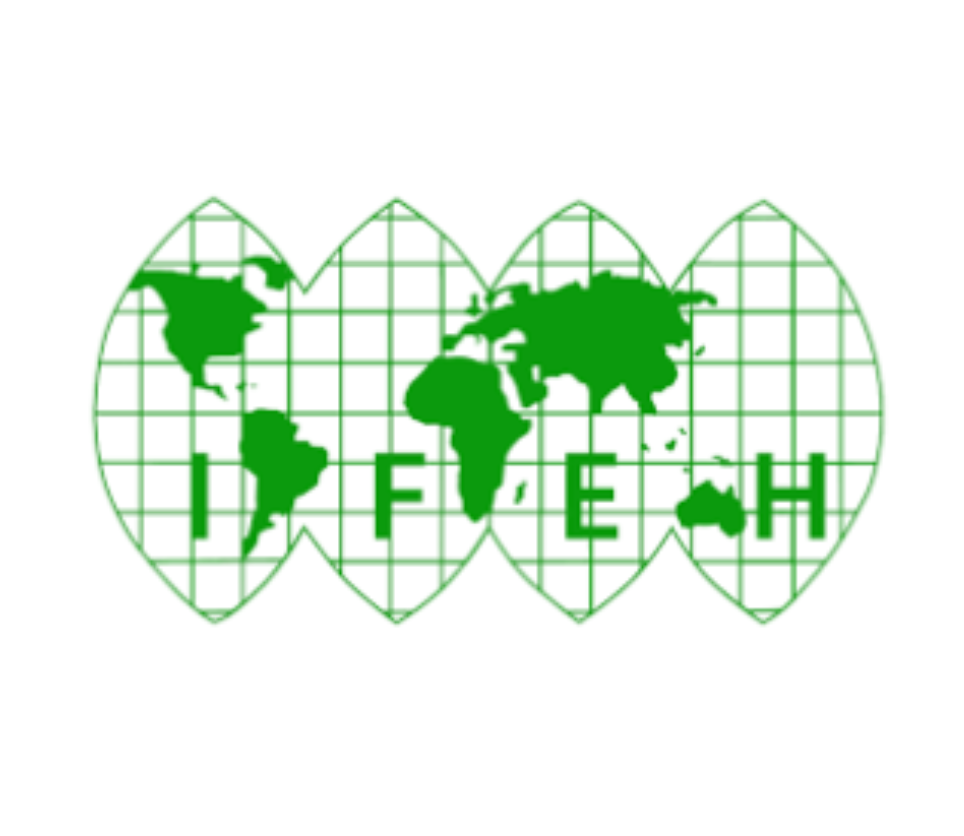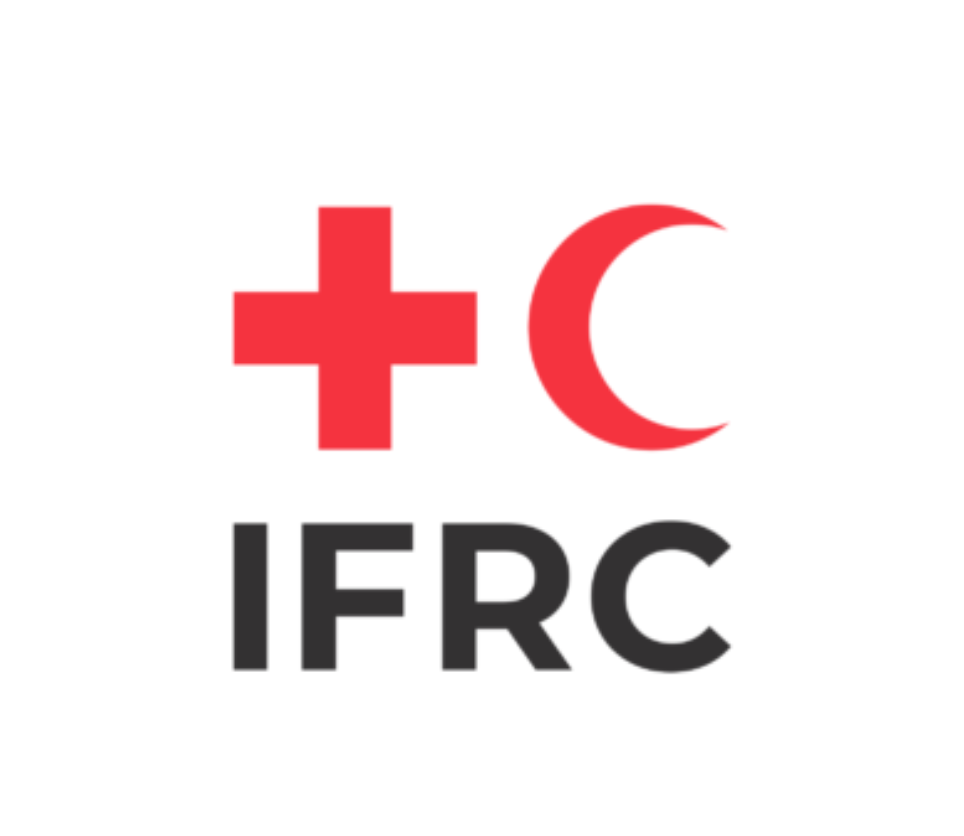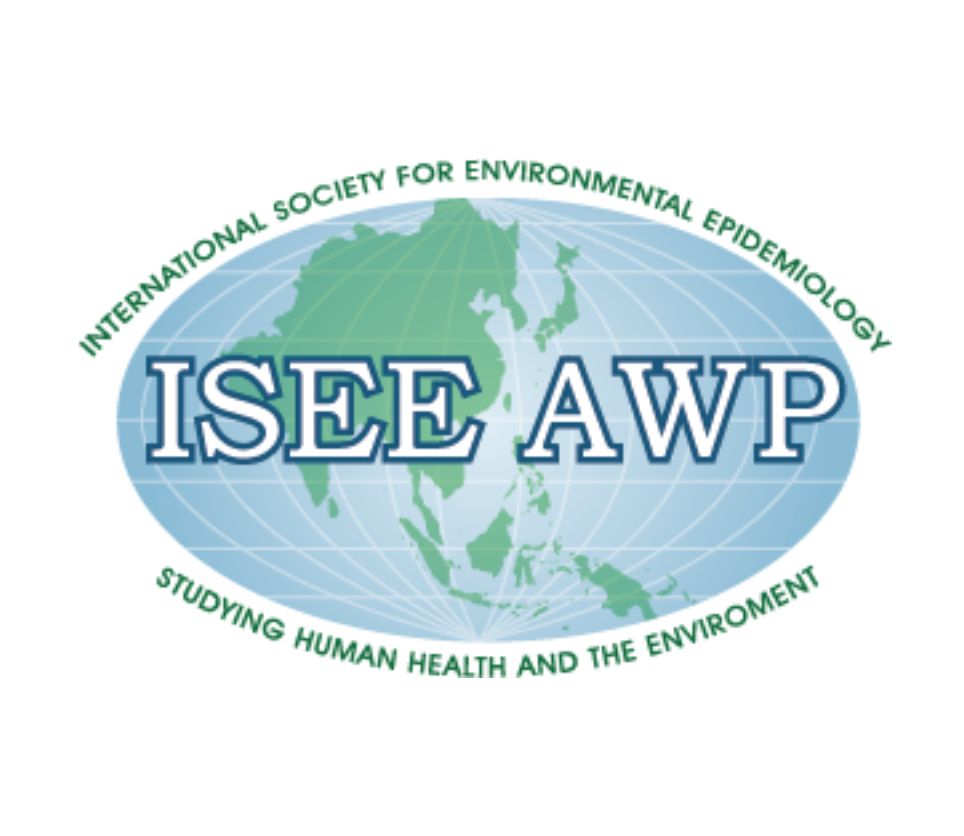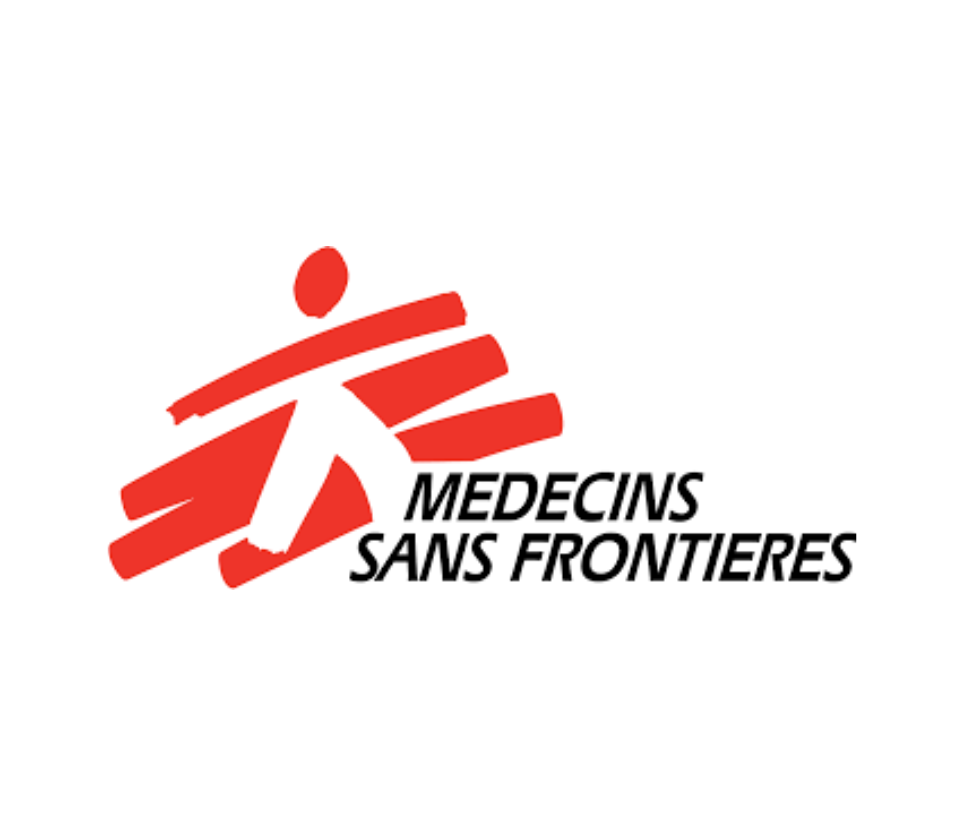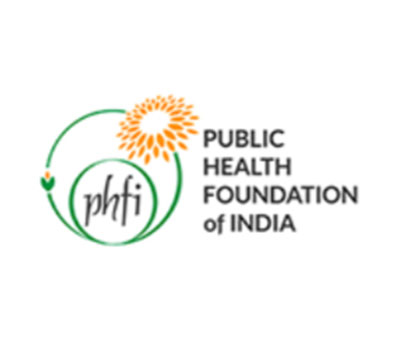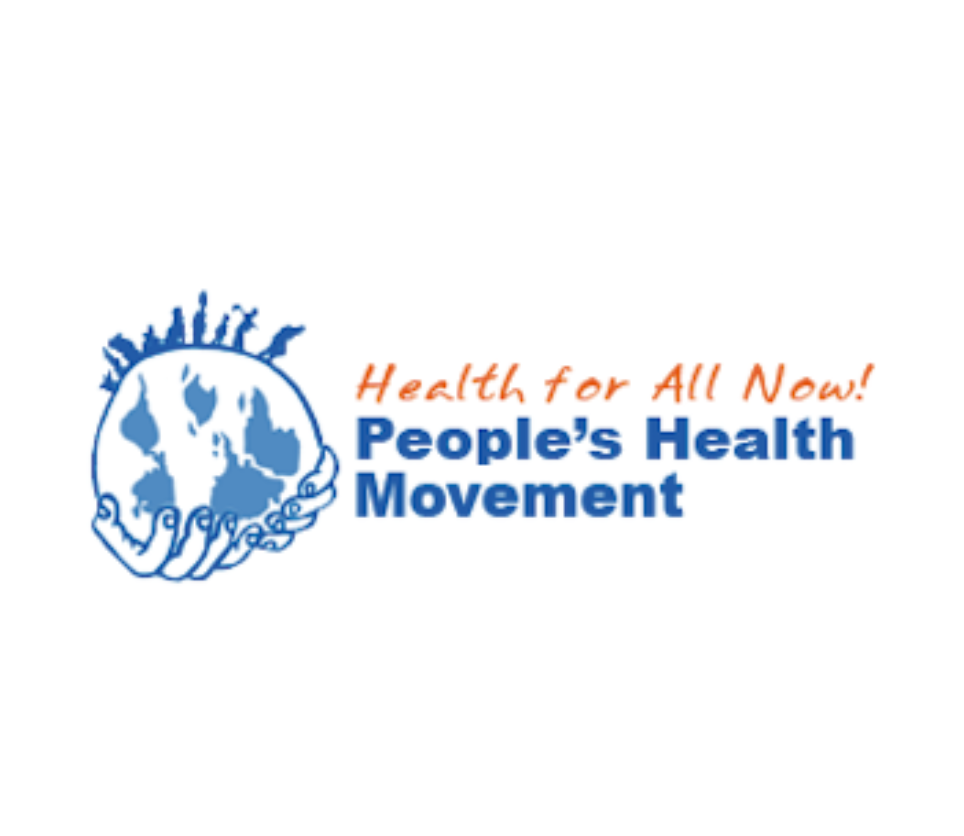WHO-Civil Society Working Group to Advance Action on Climate and Health
The WHO-Civil Society Working Group for Action on Climate Change and Health aims to foster a strong and sustained health voice, informing decision-making on climate change nationally and internationally, and driving urgent action on climate change.
Working group members work individually and collaboratively to increase engagement of the health sector in climate change mitigation and adaptation. Through the Working Group and its three subcommittees they tackle climate change through health care systems reform, research, peer education, advocacy, emergency response, and policy development. Established in 2019 by WHO Director-General Tedros Adhanom Ghebreyesus, the group is co-chaired by the WHO Assistant Director-General for Healthier Populations, and the Executive Director of the Global Climate and Health Alliance.
Working Group Highlights
The Capacity Building Subcommittee released an open letter to health education stakeholders calling on universities and other academic institutions to strengthen climate change education for all health professionals
The Working Group played key roles in drafting and disseminating the Healthy Climate Prescription letter, which was signed by over 600 organizations representing 46 million health workers. It highlighted climate change as a health emergency and called for urgent, ambitious and equitable climate action.
The Research Subcommittee reviewed climate and health research published in the past 10 years, and published Climate change and health research: current trends, gaps and perspectives for the future as an update of WHO’s 2009 research priorities paper
The Working Group hosted Regional Consultations in each of the six WHO regions, inviting health professionals addressing the causes and impacts of climate change, to connect with others in their field and region, and to contribute to the WHO special report to the UNFCCC – The Health Argument for Climate Action.
Working Group Co-Chairs
World Health Organization
WHO supports countries in building climate-resilient health systems and tracking national progress in protecting health from climate change. It also supports countries in assessing the health gains that would result from the implementation of the existing Nationally Determined Contributions to the Paris Agreement, and the potential for larger gains from more ambitious climate action. Recent publications include the WHO Country Support on Climate Change and Health and the COP26 Special Report on Climate Change and Health: The Health Argument for Climate Action
Global Climate and Health Alliance
GCHA is made up of health and development organisations from around the world united by a shared vision of an equitable, sustainable future. Our vision is a world in which the health impacts of climate change are kept to a minimum, and the health co-benefits of climate change mitigation are maximised. Recent efforts include supporting health organizations to advocate for climate action at COP, and throughout the year through workshops and trainings and hosting a yearly global Climate and Health Summit in parallel with the UNFCCC Conference of the Parties.
Working Group Members
Amref Health Africa is the leading African health NGO. Headquartered in Kenya, Amref's mission is to increase sustainable health access to communities in Africa through solutions in human resources for health, health services delivery, and investments in health.
The George Institute for Global Health is an independent research institute dedicated to improving the health of millions of people worldwide. A planetary health lens is embedded into our research and advocacy.
The George Institute seeks to ensure that evidence informs the development and implementation of social, economic, and environmental policies to address the intertwined challenges of climate change and non-communicable diseases to improve the overall outcomes for the health of people and the planet.
Health Care Without Harm seeks to transform health care worldwide so that it reduces its environmental impact, becomes a community anchor for sustainability, and a leader in the global movement for environmental health and justice.
Our proven record for addressing the connection between the environment and health sets us apart, and our international network helps us drive significant impact and measurable outcomes. Our innovative approach is unique, providing tailored resources, education, and global networks that influence, inspire, and enable.
Health In Harmony is an international nonprofit dedicated to reversing tropical rainforest deforestation to halt the nature and climate crisis by listening to rainforest communities and investing precisely in their solutions (healthcare, livelihoods, and education).
Health In Harmony programs return improved human health and improved forest health and drawdown of CO2.
The International Council of Nurses is a federation of over 140 national nurses associations, representing the over 30 million nurses worldwide.
Founded in 1899, ICN is the world’s first and widest reaching international organisation for health professionals.
For over 100 years, the International Pediatric Association (IPA) has been the only global body representing the professional societies of pediatricians.
IPA represents pediatricians from over 149 countries in over 164 member societies, enabling them to work together to improve the physical, mental and social and environmental health of all children. The IPA works through its Environmental Health Strategic Advisory Group to educate and advocate for action on the climate crisis.
The International Pharmaceutical Students Federation is the leading international advocacy organisation for pharmacy and pharmaceutical science students and recent graduates.
It promotes improved public health through the provision of information, education, networking and a range of publications and professional initiatives
The Médecins du Monde International Network is currently carrying out around 400 health projects in more than 70 countries.
The Médecins du Monde International Network is currently carrying out around 400 health projects in more than 70 countries. All our projects are focused on supporting marginalized population groups, such as migrating populations, homeless people or girls and women. Our own data and research show, that all those groups are particularly impacted by climate crisis. Through targeted data collection, best practices and local partnerships we aim to promote inclusive and climate resilient health systems leaving no one behind.
The South African Medical Association believes that, as a representative organization for the medical profession in South Africa and the African region, we should be the voice of authority on matters affecting public health, including climate change.
The South African Medical Association believes that, as a representative organization for the medical profession in South Africa and the African region, we should be the voice of authority on matters affecting public health, including climate change. SAMA has for some time recognized the significant health threat that is caused, and will still be caused, by climate change. SAMA has played an active and vocal role in the fight to address climate change in Africa, the global south, and the global village as a whole.
UICC is the oldest and largest global membership organisation dedicated to taking action on cancer.
UICC’s mission is both to unite and support the cancer community in its efforts to reduce the global cancer burden, promote greater equity and ensure that cancer control remains a priority on the global health and development agenda.
Vital Strategies is an international non-governmental organization working in over 70 countries to address the world’s most pressing public health challenges.
Environmental Health’s diverse team of researchers, analysts, communication, and policy experts collaborate closely with policymakers and stakeholders to compile and analyze critical data, raise awareness of pressing environmental health threats, and advocate for innovative policy solutions that control air pollution, mitigate and adapt to climate change, reduce exposure to toxic chemicals, and expand clean energy and transportation options.
The World Federation of Public Health Associations is the umbrella group for 130 National Public Health Associations.
WFPHA’s mission is to advocate for health equity and global policies to improve the health of populations through collaborating with groups or individuals who share our values, and strengthening global population health by developing and advancing public health practice, education, training and research worldwide. The Environmental Health Working Group of the WFPHA takes the lead on matters involving the interrelationship between human health, their environment and planetary health.
For over 100 years, the International Pediatric Association (IPA) has been the only global body representing the professional societies of pediatricians.
IPA represents pediatricians from over 149 countries in over 164 member societies, enabling them to work together to improve the physical, mental and social and environmental health of all children. The IPA works through its Environmental Health Strategic Advisory Group to educate and advocate for action on the climate crisis.
For over 100 years, the International Pediatric Association (IPA) has been the only global body representing the professional societies of pediatricians.
IPA represents pediatricians from over 149 countries in over 164 member societies, enabling them to work together to improve the physical, mental and social and environmental health of all children. The IPA works through its Environmental Health Strategic Advisory Group to educate and advocate for action on the climate crisis.




